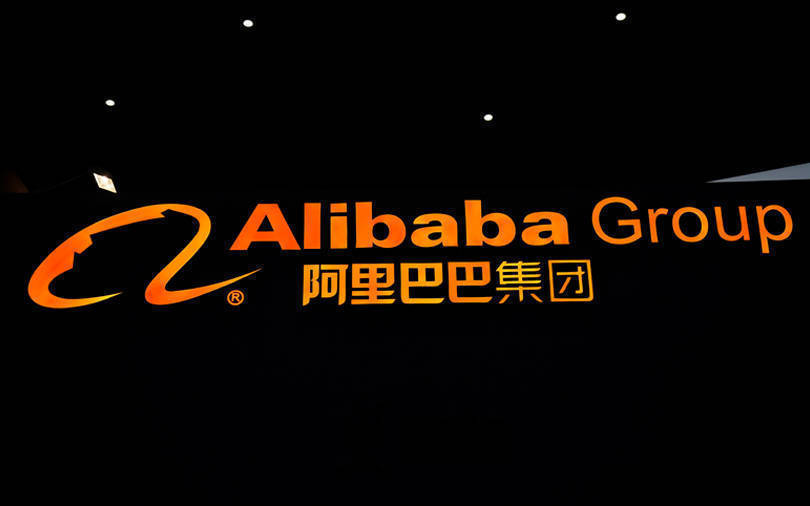
Alibaba quarterly profit exceeds market expectations


E-commerce giant Alibaba Group Holding Ltd reported quarterly profit far above market expectations and played down worries of Chinese economic slowdown and U.S. tariff effects, sending its shares up 6 percent.
While quarterly revenue grew at its weakest pace since 2016 and modestly missed estimates, gross merchandise volume (GMV) - a key metric - grew at a solid 29 percent and the company’s budding cloud business continued to show promise.
Tech investors have fretted over the impact of a slowing Chinese economy and a crippling Sino-U.S. trade war, which have been blamed for weak results at a slew companies including Apple Inc and chipmakers.

However, Alibaba’s earnings results - often seen as a yardstick of consumer spending in the world’s second-largest economy - are likely to ease some worries.
“Concerns about trade tensions might affect sentiment, but Alibaba’s exposure to the tangible effects of trade tariffs is small,” Alibaba’s executive vice-chairman, Joe Tsai, said on a post-earnings call on Wednesday.
“For our businesses in e-commerce, consumer services, entertainment and cloud computing, the primary growth driver is not exports but domestic consumption and corporate transformation.”

Alibaba’s founder Jack Ma has previously described the China-U.S. trade spat as the “most stupid thing in the world”.
Alibaba, the second-most valuable public company in Asia after Tencent Holdings Ltd, posted third-quarter net profit of 33.05 billion yuan ($4.92 billion), up 37 percent from a year earlier. This compared with analysts’ view of 21.28 billion yuan, according to I/B/E/S estimates from Refinitiv.
Profitability got a one-time boost from a non-cash gain of 22 billion yuan from the revaluation of Alibaba’s previously held equity interest in food and lifestyle services firm Koubei, partly offset by impairment charges of 7.06 billion yuan.

Revenue jumped 41 percent to 117.28 billion yuan, compared with an estimate of 118.9 billion yuan.
Alibaba’s shares, traded on the New York Stock Exchange, closed up more than 6 percent on Wednesday. They have slumped 16 percent in the past 12 months but have rallied so far this month.
Optimism amid slowdown

Alibaba typically posts its highest revenue in the December quarter due to its mega “Singles’ Day” in November - the world’s biggest online sales event that outstrips the sales of U.S. shopping holidays Black Friday and Cyber Monday combined.
Last year Alibaba netted a record $30 billion from Singles’ Day. Annual growth, however, dropped to the weakest rate in the event’s 10-year history as the Chinese economy grew at its weakest pace in nearly three decades.
Growth is expected to ease further this year. Anticipating the headwind, Alibaba previously lowered its revenue outlook for its financial year ending March even before the top sales season.

However, last week, Tsai noted that sales had ticked up in December, though demand for big-ticket items continued to slow.
“The healthy balance sheet of Chinese households and the increasing availability of credit will fuel consumption,” Tsai said on Wednesday.
Chief Executive Daniel Zhang said the company remains optimistic, adding that younger buyers were driving sales.

On Tuesday, China’s Ministry of Industry and Information Technology said revenue growth rates for domestic technology companies did not rise in 2018, and that consumer spending had slowed amid increased economic pressure.
Given signs of saturation in China’s urban market, Alibaba has been trying to grow outside of its core e-commerce business to win new customers.
The company continued to invest heavily in cloud computing, artificial intelligence and online entertainment in the December quarter.
Revenue from its cloud business rose 84 percent to 6.6 billion yuan, while sales from its digital entertainment and media business rose 20 percent to 6.5 billion yuan.
